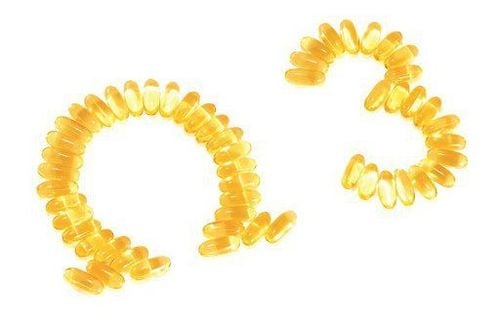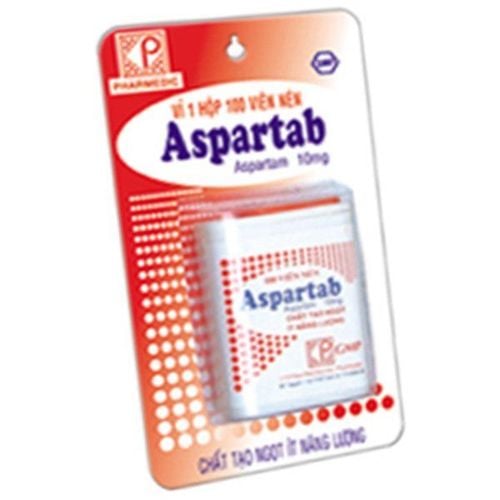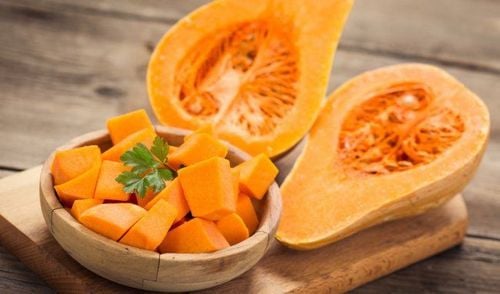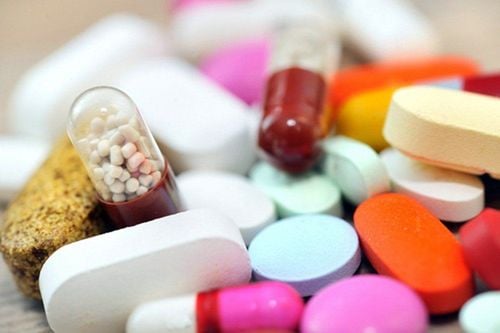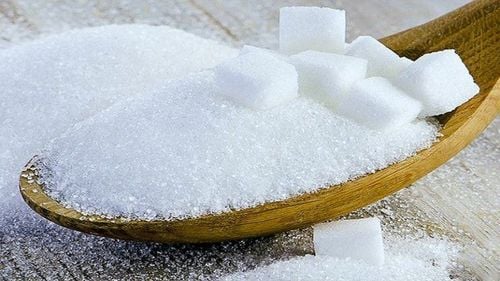This is an automatically translated article.
For decades, high-fructose corn syrup has been used as a sweetener in processed foods. Due to its high fructose content, corn syrup has been heavily criticized for its potential negative health effects. Many consider it even more harmful than other sweeteners. This article compares high-fructose corn syrup with regular sugar, looking at which has more potential risks.
1. What is High Fructose Corn Syrup?
High fructose corn syrup (HFCS) is a sweetener derived from Corn Syrup, which is processed from corn. It is used to sweeten processed foods and soft drinks - mainly in the United States.
Similar to regular table sugar (sucrose), corn syrup includes both fructose and glucose. Corn syrup became a popular sweetener in the late 1970s when the price of regular sugar was high, while the price of corn was low due to government subsidies.
Although its use skyrocketed from 1975 to 1985, today corn syrup has been gradually reduced due to the increasing popularity of other artificial sweeteners.
Summary High-fructose corn syrup is a sweetener used in processed foods and beverages in the United States. Like regular sugar, it is composed of the simple sugars glucose and fructose.
2. Corn syrup production process
High-fructose corn syrup is made from corn, mainly genetically modified (GMO) corn. First, corn is milled to produce corn starch, and then further processed to make corn syrup.
Corn syrup consists mainly of glucose. To make it sweeter and taste similar to regular table sugar (sucrose), some of the glucose is converted to fructose using enzymes.
Different types of high-fructose corn syrup (HFCS) provide different ratios of fructose. For example, while HFCS 90 - the most concentrated form - contains 90% fructose, the most commonly used, HFCS 55, is composed of 55% fructose and 42% glucose. Thus, HFCS 55 has a similar composition to sucrose (common table sugar), with the ratio of 50% fructose and 50% glucose.
In short, high fructose corn syrup is produced from corn starch, which is then refined to produce syrup. The most common has the same fructose-glucose ratio as regular table sugar.
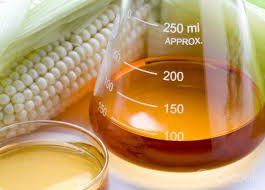
Quy trình sản xuất siro ngô
3. High-fructose corn syrup comparison with regular table sugar
There are only a few minor differences between HFCS 55 - the most commonly used high-fructose corn syrup - and regular sugar.
The main difference is that high-fructose corn syrup is in liquid form - containing 24% water - while table sugar is in dry and granular form. In terms of chemical structure, the fructose and glucose in high-fructose corn syrup are not bound together as in table sugar (sucrose). Instead, they float separately next to each other.
These differences do not affect nutritional value or potential health effects.
In the digestive system, sugar is digested into smaller particles including fructose and glucose - so corn syrup and sugar will be digested in exactly the same way.
In grams, HFCS 55 has a slightly higher amount of fructose than regular sugar. This difference is very small and has nothing to do with health effects.
Of course, if you compare regular table sugar and HFCS 90, which has 90% fructose, then regular sugar is much more desirable, as consuming too much fructose can be very harmful to the body. However, HFCS 90 is rarely used - and if ever, only in small amounts due to its excessive sweetness.
To summarize, high-fructose corn syrup and regular table sugar (sucrose) are almost identical. The main difference is that the fructose and glucose molecules are bound together in regular table sugar and corn syrup is not.
4. Effects on health and metabolism
The main reason sugar-based sweeteners are unhealthy is that they provide a large amount of fructose.
The liver is the only organ that can metabolize fructose in significant amounts. When your liver is overloaded, it turns fructose into fat. Some of that fat can build up right in the liver, contributing to fatty liver.
High fructose consumption has also been linked to insulin resistance, metabolic syndrome, obesity and type 2 diabetes. High-fructose corn syrup and regular sugar have a very similar blend of fructose and glucose - in a ratio of about 50:50. The health-related effects will therefore be largely the same - this has been confirmed over and over again.
When comparing equal doses of high-fructose corn syrup and regular sugars, the study found no difference in satiety, insulin response, leptin levels, or effects on weight body. Therefore, sugar and high-fructose corn syrup are exactly the same from a health perspective.
In summary, multiple studies show that sugar and high-fructose corn syrup have similar effects on health and metabolism. Both are harmful when consumed in excess.

Ăn nhiều đường fructose có thể tăng nguy cơ mắc bệnh tiểu đường
5. Added sugar is not good but fruit is the opposite
Although too much fructose from added sugars is unhealthy, you shouldn't avoid fruit. Fruits are whole foods, high in fiber, nutrients, and antioxidants. It will be difficult to consume too much fructose if you only get it from whole fruit.
The negative health effects of fructose apply only to the excessive amounts of added sugars that are typical of high-calorie Western diets.
Although fruits are one of the richest sources of natural fructose, they have been linked to health benefits. The adverse health effects are only associated with consuming too much sugar.
In a nutshell, the most common form of high-fructose corn syrup, like HFCS 55, is almost identical to regular table sugar. There is currently a lack of evidence as to which types of sugar have more negative health effects. One thing is for sure, however, that both are equally bad when consumed in excess.
Please regularly follow Vinmec website (www.vinmec.com) to update useful health care information and leave information when you need medical advice and support!
Please dial HOTLINE for more information or register for an appointment HERE. Download MyVinmec app to make appointments faster and to manage your bookings easily.
References: mayoclinic.org, healthline.com




